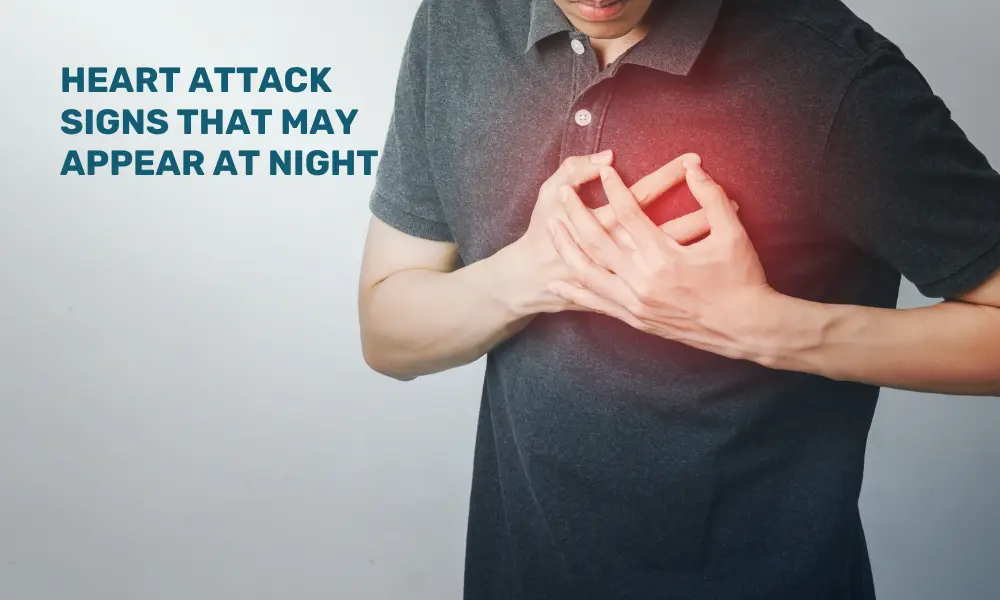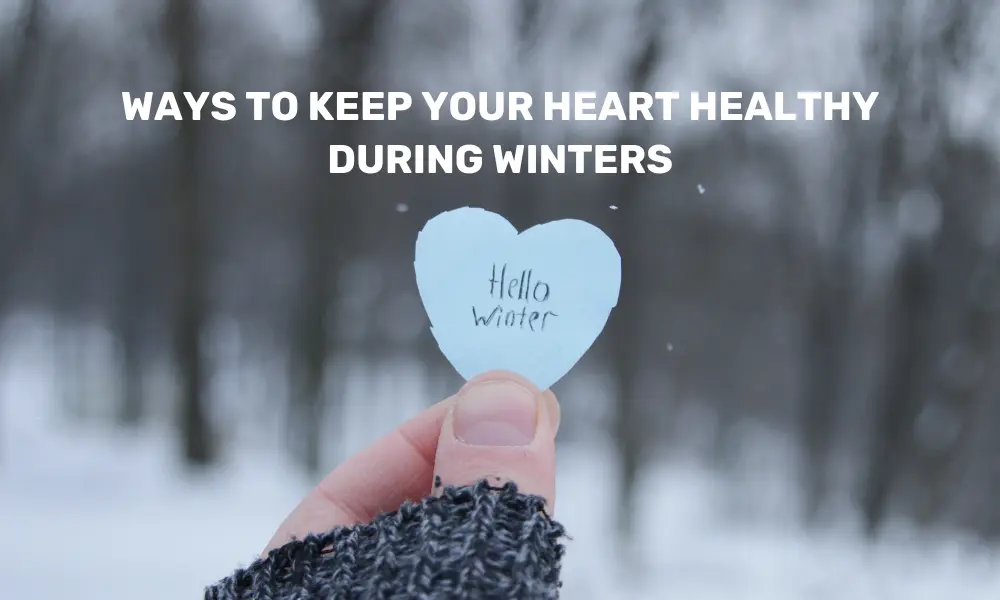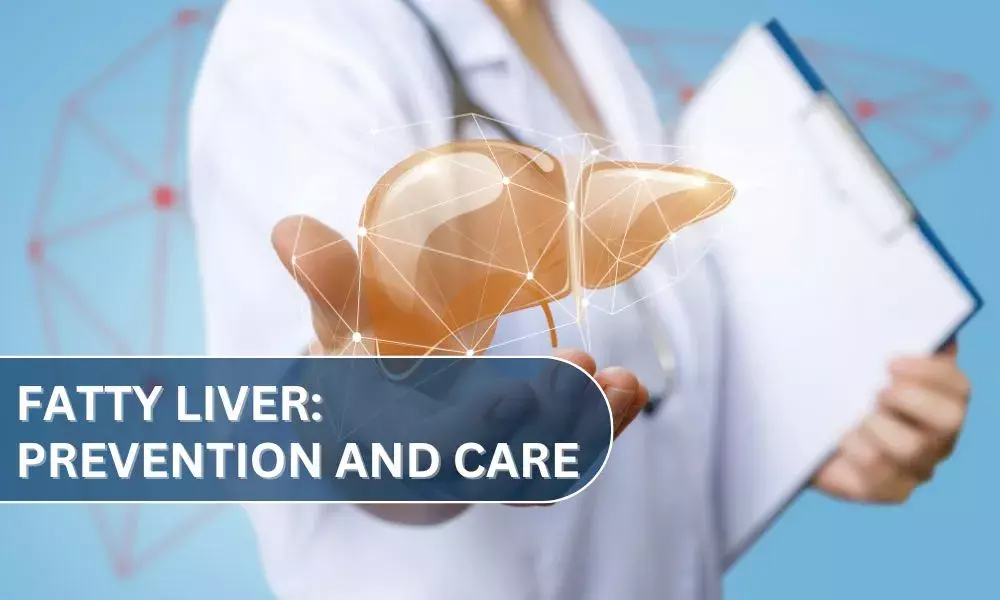Cardiovascular diseases cause approximately 17 million deaths every year across the world, as per statistics. These conditions affect men and women almost equally, with 80 percent of premature deaths attributed to preventable conditions. Heart attacks are the number one cause of death among cardiovascular reasons, causing premature deaths.
However, through the management of key risk factors like tobacco use, an unhealthy diet, and a sedentary lifestyle, one can reduce some signs of heart damage.
Experts say a heart attack can occur with or without chest pain – which is the most common symptom of the condition. One may experience pain in other areas, like the shoulder, and symptoms include sweating and fatigue.
A heart attack, also known as a myocardial infarction, happens when the heart muscle does not get enough blood to pump. Blood generally carries oxygen and nutrients to the heart muscle, and when not enough blood flows into it, the affected part gets damaged or dies.
A few silent and little-known symptoms of heart attack, which mostly show up at night, may include:
Night sweats: These are a common symptom, especially in the case of women experiencing heart issues. Women may mistake night sweats for an effect of menopause. However, if one wakes up and finds the sheets soaked or cannot sleep due to sweating, this could be a sign of a heart attack.
Pain: A few areas where it is most common are:
-
Upper abdomen
-
Shoulders
-
Back pain
-
Neck or throat
-
Teeth and jaw
Generally, women report heart attacks that cause pain, specifically in the lower portion of the chest and lower abdomen.
Fatigue and tiredness: Fatigue is among the less commonly recognized heart attack signs. Experts say a heart attack may cause exhaustion due to the extra pressure on our heart to pump blood while an area of blood flow is blocked. And so, if one often feels tired for no reason, it could be a sign that something is wrong.
Breathlessness: Our breathing and heart-pumping blood are closely related. When your heart pumps blood, it circulates to your tissues and gets oxygen from your lungs. However, if it does not happen properly, one may feel breathlessness. Breathlessness is also an accompanying symptom of unusual fatigue in women.
Indigestion: A few signs of indigestion and gastric issues include nausea and vomiting, which are common signs in many people who report heart attacks. And since heart attacks usually occur in elderly people who typically have indigestion problems, these symptoms can be dismissed as heartburn or another food-related complication.
Ways to prevent a heart attack
Certain things you can do to lower your risk of heart attack stroke include:
Eat a healthy diet: Always center your diet around legumes, nuts, vegetables, fruits, whole grains, plant-based proteins, lean animal proteins, and fish. Make smart choices like limiting refined carbohydrates, processed meats, and sweetened drinks.
Know your risks: You must be aware of the factors that increase your risk – kidney disease, smoking, or a family history of early heart disease. Knowing one’s risk factors can help decide on the best treatment plan.
Stop smoking: One must avoid smoking, use tobacco products and swap one tobacco source for another. Try to avoid second-hand smoke, too.
Be active: Moving is important as it is one of the best ways to stay healthy, prevent disease, and age well. Studies suggest that adults should get at least 150 minutes of moderate-intensity activity weekly.
One must take extra care of heart health as it is one of our most vital organs and can impact quality of our life greatly. Consult a cardiologist if you experience any of the above symptoms.




